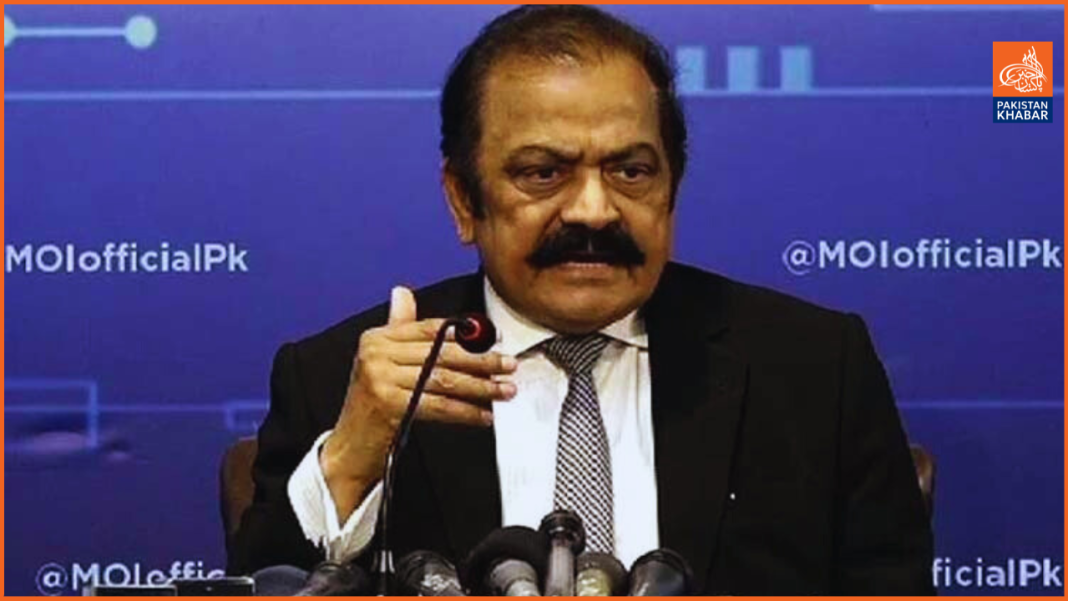Ambassador Muhammad Sadiq, Pakistan’s special representative to Afghanistan, emphasized the necessity of sustained engagement with Kabul to effectively manage border security, particularly in light of escalating regional tensions. Speaking at the “Regional Dialogue 2025” conference in Islamabad, Sadiq highlighted the importance of proactive diplomacy to address cross-border militancy and enhance bilateral cooperation.
Pakistan has experienced a resurgence in militant activities since the Tehreek-e-Taliban Pakistan (TTP) ended its ceasefire in late 2022. The Pakistani government has accused Afghan-based militants of orchestrating attacks within its borders, allegations that the Afghan Taliban refute. In a recent incident, Pakistani forces reportedly neutralized over 70 militants attempting to infiltrate from Afghanistan.
The ambassador stressed that timely and consistent engagement with Afghanistan is crucial for achieving tangible security outcomes. He advocated for the enforcement of the “one-document regime,” requiring valid passports and visas for cross-border travel, to ensure proper monitoring and facilitate legitimate movement.
Sadiq also underscored the need to balance security measures with the promotion of trade and people-to-people contacts, suggesting that streamlined travel documentation can aid in curbing smuggling and fostering economic ties.
The call for enhanced cooperation comes amid heightened tensions with India, following a deadly attack in Indian-administered Kashmir, which New Delhi attributes to Islamabad—a claim Pakistan denies. Analysts warn that simultaneous pressures on Pakistan’s eastern and western fronts could dilute its focus on combating militancy.



